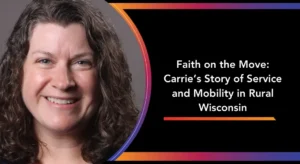
Carrie Kreps Wegenast’s journey as a chaplain began long before Tyson Foods. For a decade, she served local churches under the United Methodist Church (UMC), providing spiritual and emotional support to her community. Nearly ten years ago, she took a leap of faith, answering an ad for a part-time chaplain role at Tyson. What started as a temporary position turned into a deeply fulfilling 9.5-year career, revealing the unique challenges and rewards of corporate chaplaincy.
In church settings, Carrie often saw people hesitant to share their burdens due to age, gender, or visibility. At Tyson, she found a different struggle, employees facing food insecurity, grief, mental health challenges, and unreliable transportation. She quickly realized that her role went beyond spiritual care; it was about removing barriers so employees could thrive both personally and professionally.
Carrie’s days often began at 4 a.m., meeting third-shift workers and making herself available. Whether through direct conversations or referrals, she ensured employees felt heard and supported. Beyond offering a listening ear, she connected team members with resources to help navigate life’s challenges. Instead of giving advice, she encouraged employees to reflect on past solutions and collaboratively find ways forward.
Of course, there were challenges. She sometimes wished she could offer immediate solutions like excusing absences or financial aid, but professional boundaries required creative problem-solving. One memorable moment came when a team member revealed he was studying for his GED after work. Tyson’s commitment to paying for his education showed how long-term support could change not just an employee’s life, but also their family’s future.
Measuring the impact of chaplaincy wasn’t easy, but Carrie knew at least twice a week that she had made a difference, whether by helping a young father navigate a medical diagnosis or connecting an employee to a life-changing resource. These conversations rippled out, strengthening families and the community.
One major change since Carrie joined Tyson was the company’s growing awareness of community resources. Leadership and employees increasingly turned to her for guidance, ensuring team members got the support they needed. Her philosophy remained simple: serve without imposing beliefs, listen first, and meet people where they were.
One of the biggest hurdles she encountered was transportation. Many employees in rural areas struggled to get to work, jeopardizing their jobs and financial stability. Recognizing this, Tyson partnered with ThedaCare, CHAT (Community Health Action Team), Waupaca County, and Feonix – Mobility Rising to create Waupaca County Catch-a-Ride (WCCAR). This four-year effort brought together businesses, non-profits, and local leaders to build a reliable transportation network, proving the power of community collaboration.
Looking ahead, Carrie remained committed to connecting team members with resources and providing compassionate care. As corporate chaplains become more vital in workplaces, their role as spiritual and emotional anchors will continue to grow. For those considering this path, she advised staying open to learning, understanding diverse spiritual practices, and pursuing clinical training.
Her journey from local pastor to corporate chaplain transformed her understanding of ministry and compassion. It reinforced her belief that true support systems are powerful catalysts for success, both at work and in life. And with each passing day, she found joy in making a difference, one employee at a time.
